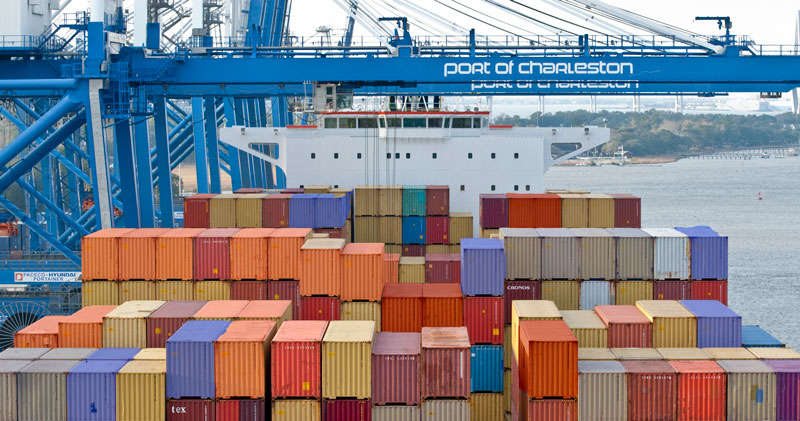 For most of its history, South Carolina has benefited from a globally-connected economy. Throughout the 18th and 19th centuries, the state exported a great deal of rice, indigo and cotton to Europe. Then, in the 20th century, as industrialization spread across the Southeast, foreign manufacturers, like Michelin and Bosch, began to invest in South Carolina.
For most of its history, South Carolina has benefited from a globally-connected economy. Throughout the 18th and 19th centuries, the state exported a great deal of rice, indigo and cotton to Europe. Then, in the 20th century, as industrialization spread across the Southeast, foreign manufacturers, like Michelin and Bosch, began to invest in South Carolina.
Today, with more than 1,200 facilities of international firms operating within the Palmetto State, it’s clear that South Carolina’s massive global footprint only continues to grow. Just last week, Teijin, a Japanese chemical, pharmaceutical and information technology firm, broke ground on a new $600 million carbon fiber manufacturing plant in Greenwood County.
Consul General of Japan in Atlanta Takashi Shinozuka attended the groundbreaking event. Recognizing South Carolina’s rising reputation as a top destination for international business, he said, “Teijin is one of the biggest names in Japan, and they are not locating in South Carolina by chance. It is a wise business decision.”
Clearly, foreign direct investment has become a critical component of Team South Carolina’s economic development strategy. Since 2011, foreign-based firms, like Teijin, have invested more than $19 billion in South Carolina, bringing 42,000 new jobs to the state. And, as a result, a nation-leading seven percent of South Carolina’s workforce is now employed by foreign-based companies.
Looking ahead, as we aim to continue creating jobs and opportunities for the people of this state, looking beyond the borders of our country will be crucial. With more than 70 percent of the world’s purchasing power located outside of the United States, South Carolina’s international opportunities are limitless.
Stay Ahead with SC’s Industry News
Enter your email to receive our newsletter to stay up to date with the latest news.















